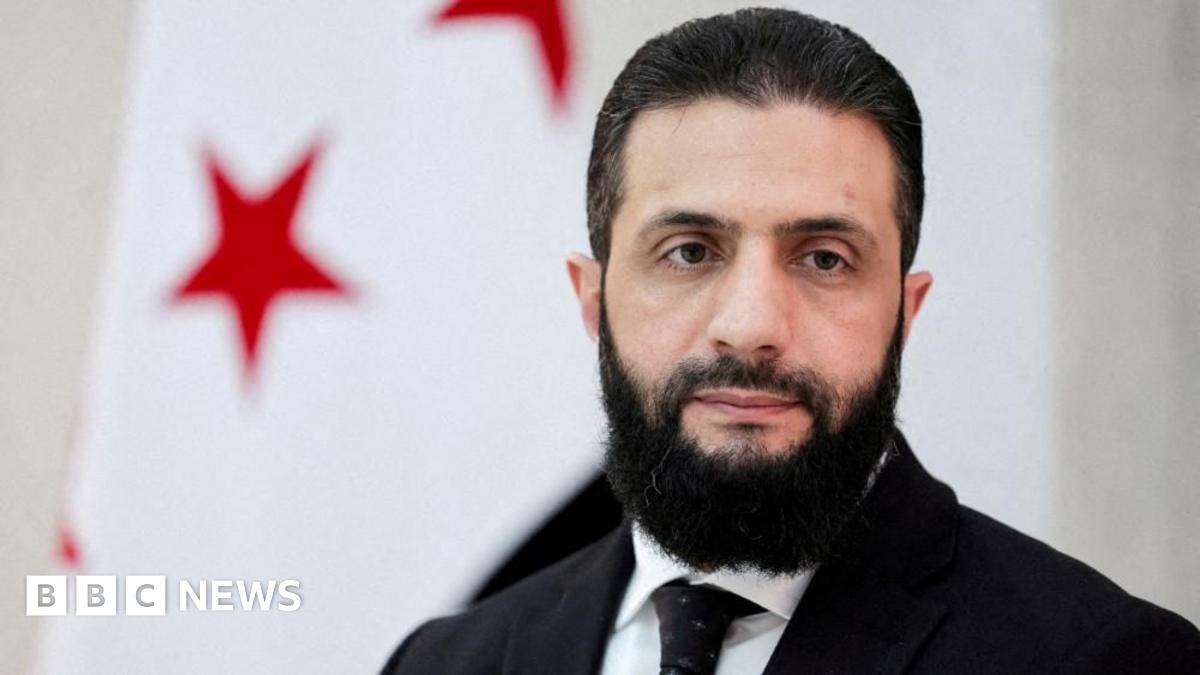Sharaa has defended the way the elections are being held. “As a transitional period, there is a difficulty to hold popular elections due to the loss of documents, and half of the population is outside of Syria, also without documents,” he said in a television interview, referring to the millions of refugees who have not returned.
The Higher Committee said it was not possible to hold elections in Raqqa, Hassakeh and Suweida because of the “security and political situation”. The 20 seats allocated to them will remain vacant until polls can take place.
Raqqa and Hassakeh are mostly controlled by a Kurdish-led militia alliance, the Syrian Democratic Forces (SDF), which is in a stand-off with the interim government over the implementation of a March agreement to integrate all military and civilian institutions into the state.
Thouraya Mustafa of the Kurdish Democratic Union Party (PYD) said the electoral process and delay showed the government had the same mentality “as the previous authoritarian mentality”.
“We see exclusion and denial of the rights of the Syrian people, such as elections. Therefore, the Syrian interim government does not represent the will of the Syrian people,” she told Reuters news agency.
The government also holds little sway in Suweida, where tensions with the predominantly Druze population have remained high since the sectarian violence there three months ago.
The violence erupted when Druze militias clashed with Sunni Bedouin tribes, which prompted the government to send its forces to intervene. More than 1,000 people were killed in the fighting, most of them Druze, according to monitoring groups.
Hussam Nasreddin, a resident of the predominantly Druze southern Damascus suburb of Jaramana, dismissed the electoral process as “more like an appointment”.
“The People’s Assembly should be elected by the people and it should represent the people,” he told Reuters. “Today we don’t know anything. We did not see any lists or representatives. We didn’t see anything.”
